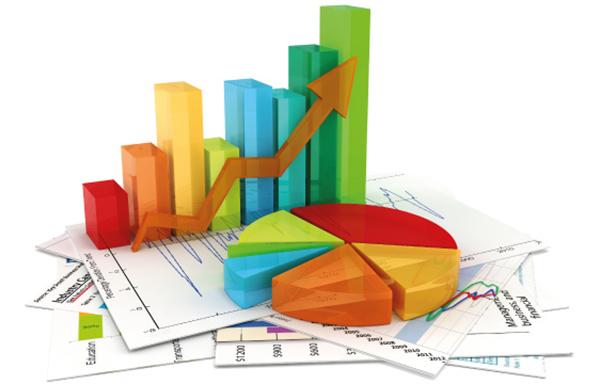Do your hands itch to open that shiny door you see in the background…? No, it’s not heaven, but it is the financial market. Forex or any other market, you need some basic knowledge, do not worry, we will help you. Regardless of your location, be it Colombia, Mexico, Panama or China, or if yours is the stock market or over-the-counter sector, you need to know the main index, in which the
Forex market takes the prize for most activity. The Forex market, the largest, most liquid, most volatile and most loved in the financial world, is a kind of Willy Wonka without so much chocolate and more financial assets, brings together most of the world’s investors in one place. And of course you want to be part of the party, but you will need your golden ticket to enter, in the form of knowledge that begins with knowing which are the main financial indices that exist.
Japanese Nikkei
This Japanese Stock Index has the 225 most important stocks on the Tokyo Stock Exchange, so, yes, it’s for you to consider within your options. It was born in the early 1970s thanks to the work of an economic newspaper: Nihon Keizai Shinbun. And is that despite having 95% of the stock in Tokyo, and although Japan is a technological power, this index represents the minimum technology, as it has only 9 companies, among which stand out: Sony, Yamaha, Mazda, Nissan, among others.
The HUI Index
If you’ve traded gold you may have worked or heard about the HUI Index, which measures the economic performance of companies that work gold, but also relates to oil prices and mining production. Nation in the 60’s and has a maximum coverage of 18 months. The HUI is the preferred index of those companies that extract gold. Today it is made up of fifteen mining leaders.
Dow Jones
That’s right, the largest stock index where those smiling people seem to celebrate Christmas several days a week; the New York Stock Exchange. It is also one of the most important in the world and is made up of three main indexes: * Services, (DJUA) * Industry (DJIA) * Transport (DJTA). With 30 industrial titles, 20 transport and 15 services, the Dow Jones has 30% of the companies solid and stable income in the US. It started in 1896 and manages companies such as: General Motors, General Electric, IBM and many others.
FTSE 100 Index
No, it’s not the name of a smartphone but the name of the London Stock Exchange index, with its 100 most important London stocks. Its start date is 1984 with a base of 1000. Financial Times Stock Exchange, the acronym for FTSE, affectionately known as “Footsie”, and represents 70% of the London Stock Exchange market. The Footsie is not the broadest index but it is the most used by the United Kingdom. The capitalization of FTSE 250 is promoted placing them among the first 90 of the index FTSE 100. Some of the companies of the index are: Vodafone, Barclays, BP, Lloyds Banking Group, Rolls-Royce Group, among others.
CAC40 Index
The CAC40 (Colation Assitée en Continu) is an index of the French stock exchange, whose 40 capitalization companies of the Paris Stock Exchange make it one of the most important. Its starting date is 1987 based on 1000 points. CAC40 has all foreign companies, and despite this 50% of the shares belong to foreign companies, in which the Germans have a share of 21%. This French Index has a floating market capitalization system, by which the securities are available, unlike the previous system which were composed of simple market capitalization. Among the companies with CAC40 titles are: BNP Paribas, Airbus Group, Carrefour, Arcelor Mittal, AXA, L’Oreal, Peugeot, among many others.
DAX Index
The DAX or DAX 30 index belongs to the Frankfurt Stock Exchange, with 30 main securities, as the most important in Germany and the world and weighted by capitalization. It was created in 1988 with a base of 1000 points. The Deutscher Aktienindex or DAX has sessions from Monday to Friday and has to its credit 30 main companies whose listing is centered on the Frankfurt stock exchange. Some of them are: Adidas, Deutsche Bank, Allianz, Lufthansa, Bayer, Volkswagen Group. So now you have a basis to start with, with the usual recommendation: taking into account the volatility and risks inherent in the market and avoiding fraud and fraud by negotiating with accredited and regulated intermediaries.







